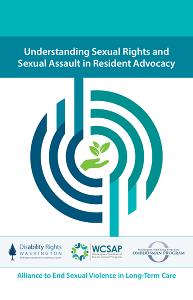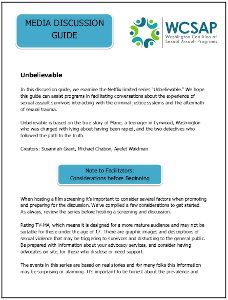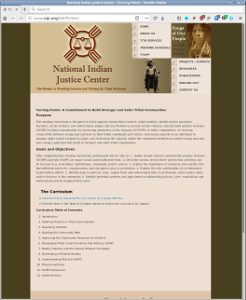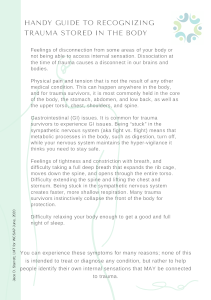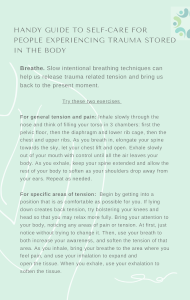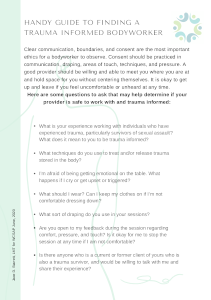Three agencies — Disability Rights Washington (DRW), the Washington Coalition of Sexual Assault Programs (WCSAP), and Washington State Long-Term Care Ombudsman Program (LTCOP) — came together as the Alliance to End Sexual Violence in Long-Term Care. Alliance partners created this handbook as a result of their collaboration to develop technical assistance for advocates working with residents of long-term care facilities in Washington State.
This handbook celebrates the combined...
